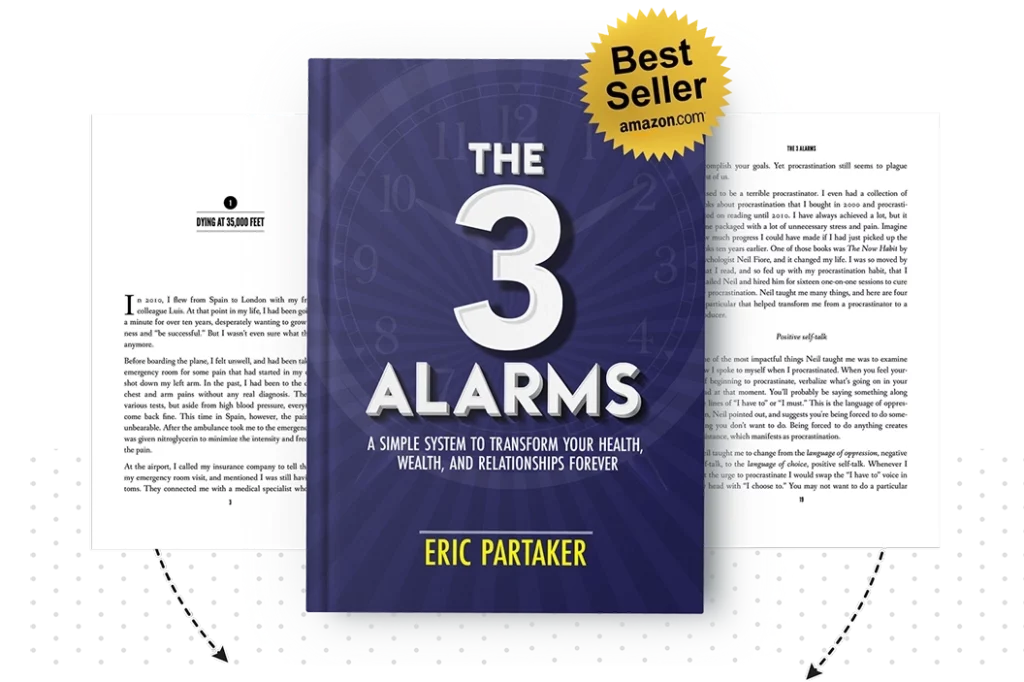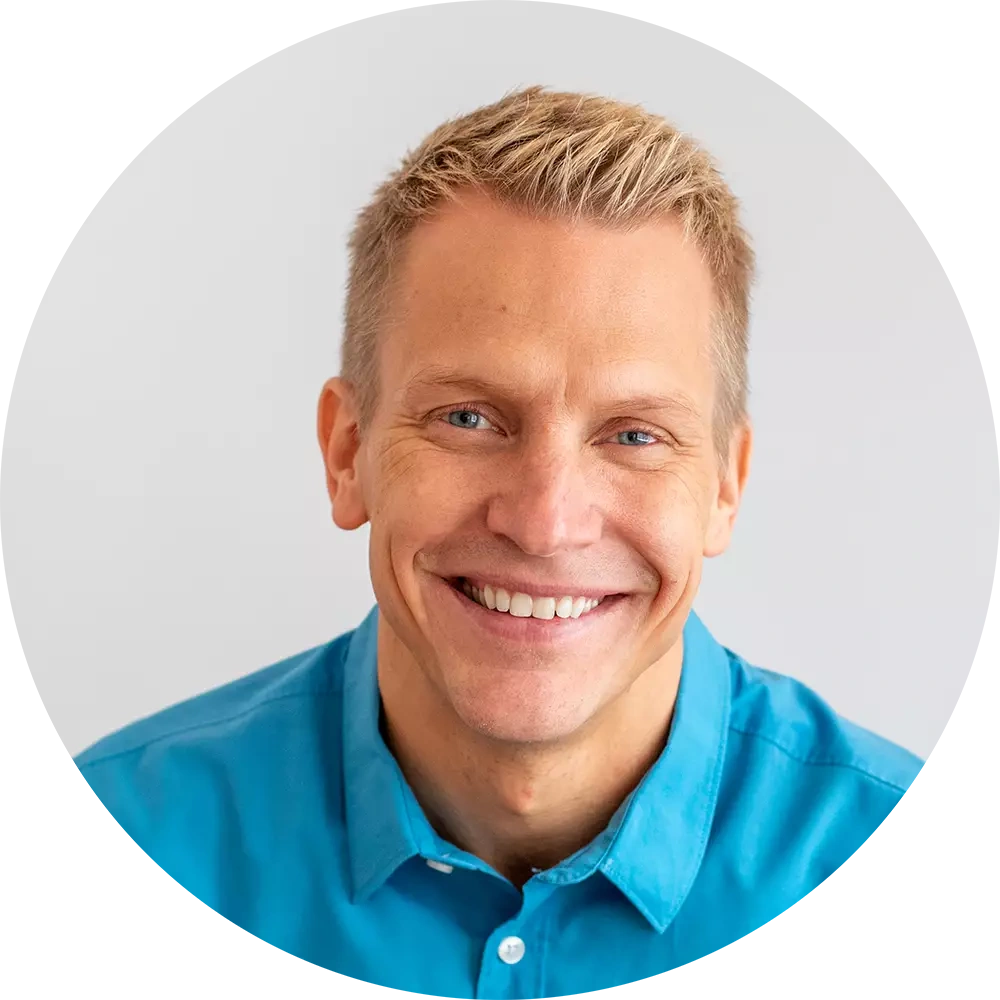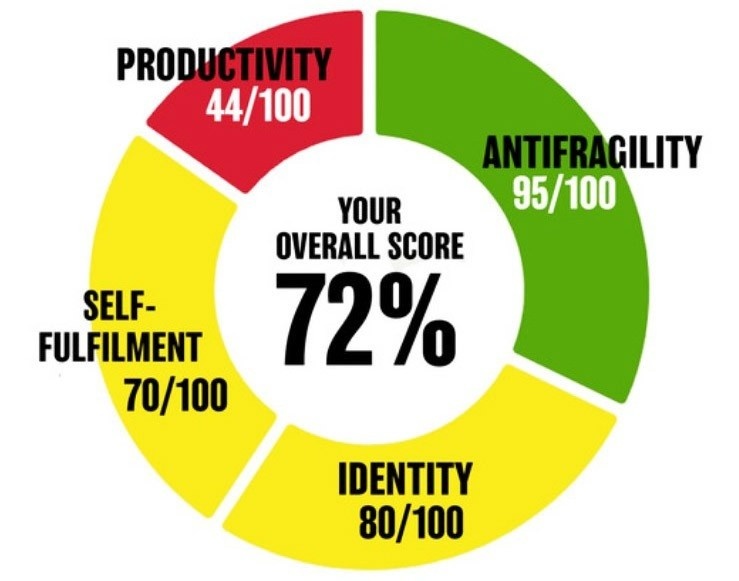SUMMARY
- ou may want to achieve big things with your life, but until you realize that on a daily basis, success looks unremarkable and is simply about doing small things day in and day out you’ll never get there.
- The first thing to understand about leveraging the importance of small habits is the power of compounding. Compounding applies just as much to habits as it does to money – the more you put in the bank, the faster that money grows and the more you do something, the faster you get better at that thing.
- Another key element is focusing on the process, not the outcome. Imagine you have a sales target and want to achieve a certain number. Counterintuitively, the thing you should be focused on is not hitting this number, but the process of making proposals. This is illustrated brilliantly by Byron Katie’s idea that we can have anything that we want in life provided we’re willing to go through 1000 No’s.
- Next, ask yourself what’s the number one thing that you should start doing with respect to achieving your main goals? And similarly, what’s the number one thing that you should stop doing? Perhaps when it comes to your health, this could be starting to go to the gym daily and stopping eating sugar.
- A final thing to help you leverage the power of small habits is to install routines in your day that start t embed the behaviors you need to achieve your goals. I have a morning and evening routine that I execute without fail in order to establish the habits I know will keep me on the path to success.
TRANSCRIPT
I get it. You want to achieve big things with your life, but here’s the thing – until you realize that on a daily basis, success looks rather unremarkable, until you realize that it’s about doing the small things day in and day out, that lead to the big achievements, the big success – you just simply won’t get there.
My name is Eric Partaker and I coach CEOs, entrepreneurs, leaders, and individuals in peak performance, helping them close that gap between wherever they are and wherever they’d like to be, not just for their business but also for their lives. Today I want to talk to you about the power of how small actions on a daily basis can have an absolutely huge transformative effect on your life if you really embrace it. So we’re going to go through today, what those things are to embrace, and then what you can be doing to take advantage of this effect within your life.
It starts by understanding the power of compounding. We know what compounding is when it comes to interest, right? Put some money in the bank at a rate of interest. It grows over time. It gets bigger and bigger, but we don’t truly appreciate how powerful that compounding really is. So I want to start with telling you a story of the magic penny. You may have heard this story before, but it goes like this. You and your friend each have a choice. You can get $3 million in the bank right now, or I will give you a penny. And I’ll double that penny every day for the next 31 days. You have to choose quickly – what are you going to choose? Let’s say you go for the $3 million in the bank. Boom, you’re happy. 3 million. Now what happens with your friend?
So, your friend goes the other route. Let’s say they take the doubling effect and you’re feeling pretty good. It’s day 10, you look over and he’s got like five bucks. Day 20, still feeling pretty good. He’s got about $5,000. That magic of compounding really takes off because on day 31, just by doubling those pennies, your friend has nearly $11 million in the bank. More than three times what you were given. Now here’s the point. This doesn’t just apply to money, this doesn’t just apply to this story, this doesn’t just apply to interest rates. This power of small things leading to big things over time shows up in every single area of your life. Let me give you a couple of more examples. So on a given day, you can eat a donut or you could have a salad, let’s say for a meal or a snack.
Now on day one, it doesn’t really amount to much different, but if we keep that swap going for a long time and 12 months later, if that snack is a donut every day for 12 months versus a salad every day for 12 months, what happens? Well, by the end of those 12 months we’ve probably put on a lot of weight. Whereas at the end of the 12 months, have we gone the other route, we could’ve lost a lot of weight. We could have been in a more vibrant, healthy, and in better shape, but that only happens over time. I’ll give you another quick example. The power of single-tasking. So research shows that the average person gets distracted about 37 times an hour, jumping from one task to the next, looking at a notification in and out of emails, responding to a text message. That accounts for a 28% loss in productivity of their day, 28% of their day gone.
Now that doesn’t sound like much, right? 28% of a day. Well, I got tomorrow. But when we string together those average days, what happens? Well, if we take away some holiday or vacation weeks from the year, let’s say we just focus on 46 work weeks a year. So 28% loss of the day, every day across 46 weeks means that we’re losing an entire 13 weeks a year. We’re losing an entire quarter. Said in another way, the average person is only playing with three quarters in the year, instead of four. If we extrapolate that out to a 40 year career, we’ve lost an entire decade because we’re not single tasking. We’re not working on one thing at a time. Instead, we’re allowing our distraction to be constantly shaken up. We’re in this distracted state jumping from one thing to the next and ultimately not very productive.
Compounded over time, it has a massive impact on our lives. What could you do with an extra decade? Because that’s what you stand to reclaim if you were to start single-tasking in this example, more often working on one thing distraction-free instead of jumping around to lots of different things. Now, the next thing that we can do with regards to really embedding this principle of taking small actions and having that lead to big results is to get into the habit of focusing on the process, not the outcome. Let’s say we have a goal. We want to achieve a certain number of sales. So what we should be focusing on is the process. How many proposals can we be making? Byron Katie, if you’ve not come across her work, she’s absolutely fantastic. In one of her writings, she says we can have just about anything that we want in life provided we’re willing to go through 1000 nos.
That right there is an example of focusing on the process, just keep sending out those proposals and eventually the yeses will come through. There’s another great story here. You may have heard of the paperclip story. This was a stockbroker in Canada who achieved amazing results for his firm because he focused on the process, not the outcome. The small daily actions, which would eventually lead to the results. And he brought millions and millions in for his firm. His strategy was quite simple. He had two jars on his table every day, and he had a hundred paperclips in the one jar. His work day ended when he made 100 calls. All he did was for every call that he made, he transferred the paperclip from the one jar to the next. And when all the paper clips were transferred over, his work day was over and he was ready to go home and then ready to start his next day.
This is a very, very simple strategy. All he did was focus on the process, not the outcome. By focusing on the process, the outcome took care of itself. So we understand that by focusing on the process, not the outcome, it’s focusing on these small actions that multiplied over time, compounded over time, lead to the big result. The things that we could be doing, ideally even on a daily basis, moment to moment throughout our day, perhaps.
Number four is, what’s the number one thing that you should start doing within whatever area of life is most relevant to you? What’s the number one thing that you should stop doing? There’s typically always a start and a stop in terms of a small action. Something that we could start doing, something that we could stop doing, which when compounded over time will have a huge result. You have to start going to the gym daily, stop eating sugar, for example. Both of those things compounded over time will have a massive result.
The fifth and final thing that you can do to really embrace the power of small actions, translate it into big results to that compounding effect that we’re after is by focusing on what the powerful routines are that you could be installing in your life that can embed some of these things that you want to start and stop doing. As an example, just very quickly tying back to what we just talked about from a health point of view, make it your routine that you’re going to, as part of your morning routine, go get your exercise, or maybe it’s your mid-morning break, or maybe it’s your end of the day thing.
My preference is that I like to do it at the start of the day to really spike my energy and generate it at the highest level, right there before my day begins. And then also, for your stop doing. I gave that simple example of eating less sugar. So what’s a powerful routine you could do? Well, bring less of it into the house. When it comes to shopping, have it as part of your routine that you won’t even buy it, you won’t even bring it into the house, because guess what’s going to happen when you bring it into the house? The compounding begins because you will always find a reason, “Oh, I deserve it now. I can have it now.” So just keep it out.
I hope those are five ways that will help you really understand how you can achieve these massive goals. Not so much by focusing on the massive goal, but by focusing on that power of compounding. You remember that magic penny story, you could take the $3 million today, or we can double the penny every day for 31 days and you end up with nearly $11 million. Remember how these examples play in different areas of our lives, right? So, if you eat poorly on one day versus good, it doesn’t really matter so much in the context of that day. But by the end of the year, you put on a lot of weight versus you’ve lost a lot of weight. Or we’ve talked about that single task. And we’ve talked about this in other videos as well. Or if you’re listening to this on the podcast, you’ve probably heard about this in other podcast episodes as well, but again, extrapolate it over time.
If we’re not focusing and we’re allowing ourselves to be distracted, we’re losing 13 weeks a year in 10 years over an entire decade. Just remember, it’s all about focusing on that process and not the outcome. Focus on those small daily actions, because those things added up create huge results. Think about one thing you could start doing. What’s one thing you could stop doing and then build it into your routines, a powerful routine that can make whatever it is that you want to do easy or more likely to happen. This is your path to reaching your full potential, by embracing some of these concepts.




